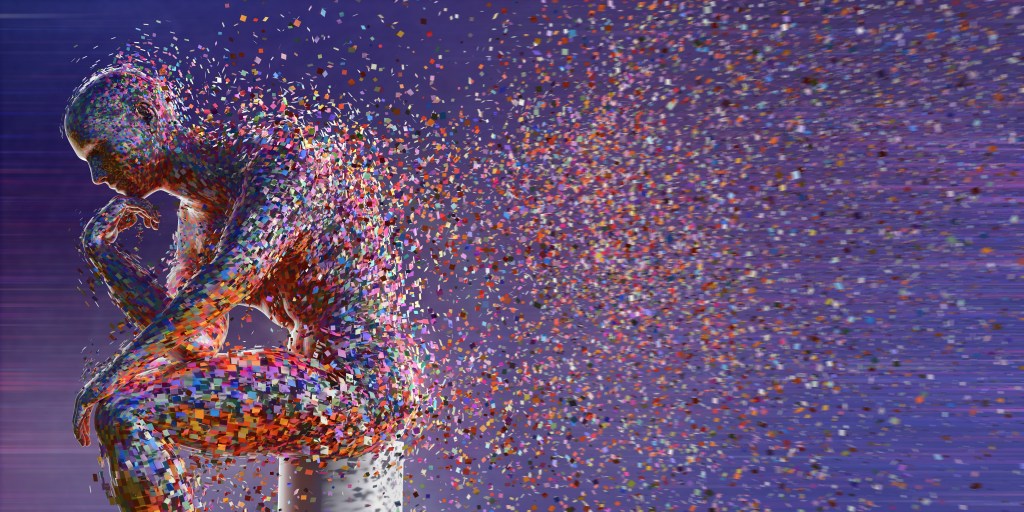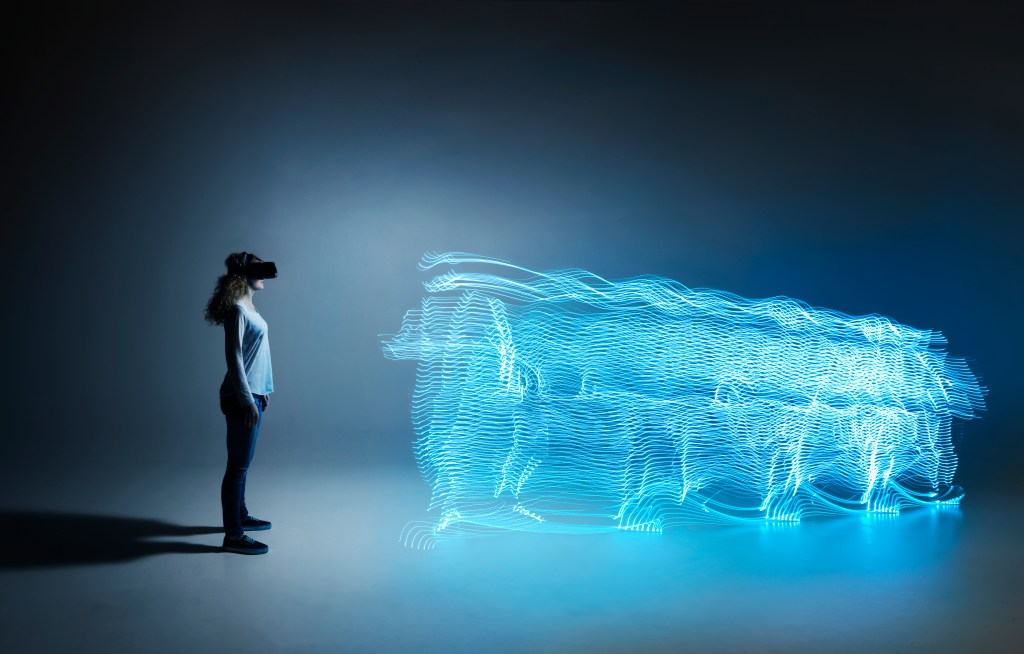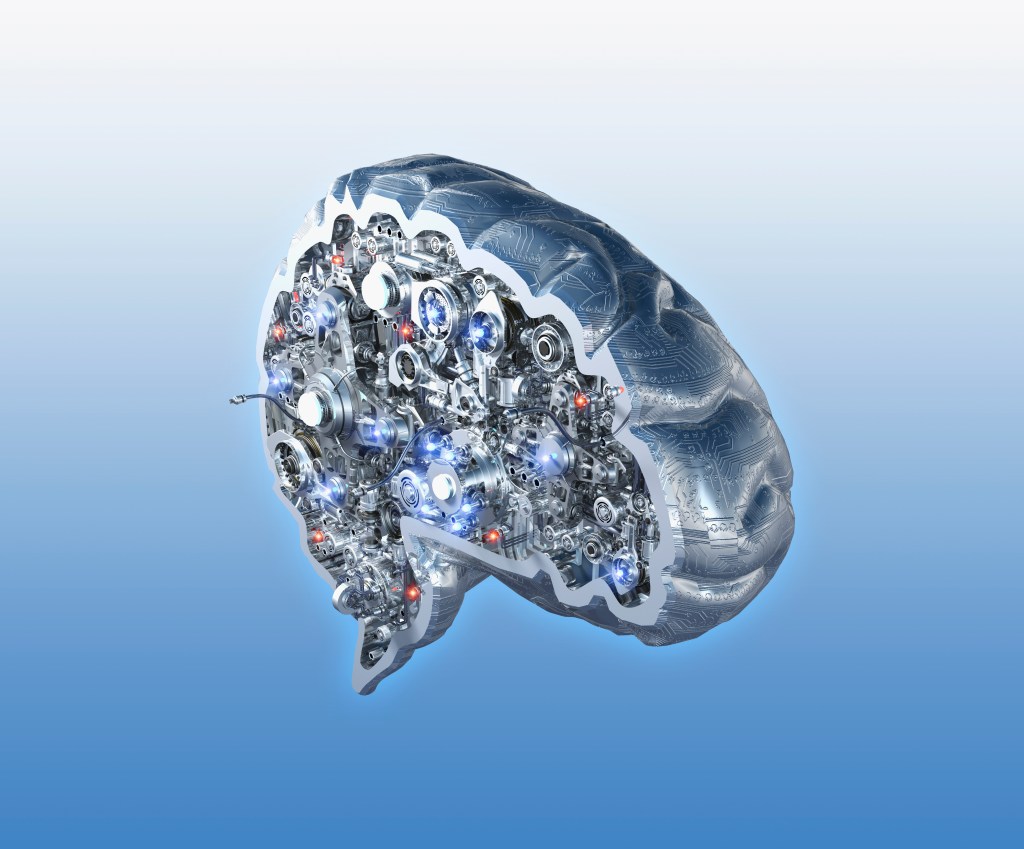Ted Chiang
Featured Article
If we could see alternate realities, would we want to take a look?
Well, here we are. After many weeks (and a somewhat inconsistent publishing schedule), we have arrived at the final story of Ted Chiang’s Exhalation collection, number nine of nine. It has been a fun journey reading each of these speculative science fiction stories, and I do think they have much to tell TechCrunch readers. Even…
Featured Article
What is the purpose of belief in a world of innovation?
We are reading the penultimate short story in Ted Chiang’s collection Exhalation. Omphalos questions what it means to believe: in our world, in alternative worlds, and in ourselves. Given that beliefs are crucial to everything we do in innovation and science, I thought the theme deeply dovetailed with a lot of what TechCrunch readers care…
Featured Article
Why you can’t overlook the small details in the pursuit of innovation
This week, we read a very short story, The Great Silence, as we start to head toward the end of Ted Chiang’s Exhalation collection. This story asks questions about how we connect with nature, and also how to think about innovation and where new ideas come from. We will finish the remaining two stories in…
Featured Article
With better recall of our photos and videos, will our ability to forgive disappear?
We’re cruising through the short stories in Ted Chiang’s collection “Exhalation.” Today, we read one of the most popular from the set, “The Truth of Fact, the Truth of Feeling,” which Lux Capital’s Josh Wolfe described in our end-of-year books guide a few weeks ago: This year for me it was Ted Chiang’s “Exhalation”. The…
Featured Article
How do we connect a child to technology?
We are now on to the fifth short story of nine in Ted Chiang’s collection “Exhalations.” This one is a very short one at only a couple of pages, but despite its brief length, it explores some of the most fundamental issues facing us as a society today: technology, children, love and the meaning of…
Featured Article
With the development of generalized AI, what’s the meaning of a person?
For the next installment of the informal TechCrunch book club, we are reading the fourth story in Ted Chiang’s Exhalation. The goal of this book club is to expand our minds to new worlds, ideas, and vistas, and The Lifecycle of Software Objects doesn’t disappoint. Centered in a future world where virtual worlds and generalized…
Featured Article
What is our meaning in life in a world of technology?
The informal TechCrunch book club is now venturing into the short story “Exhalation,” the second piece in Ted Chiang’s eponymous collection. Today’s story gets at the meaning of existence, climate change, community and connection all within a beautifully intricate story that runs for just a few handfuls of pages. I was hooked, and so let’s…
Featured Article
Can a time machine offer us the meaning of life?
We are continuing our discussion of Ted Chiang’s “Exhalations.” Today (and one day late because of the MLK holiday), I give some thoughts on the first short story of the collection, “The Merchant and the Alchemist’s Gate” and kick off the discussion for the second short story of the collection, the eponymous “Exhalation.” Previous editions…
Reading Ted Chiang’s ‘The Merchant and the Alchemist’s Gate’
What would we do if we could visit our own pasts or futures? Are we more likely to change our timelines, or will our timelines actually project themselves back on…








